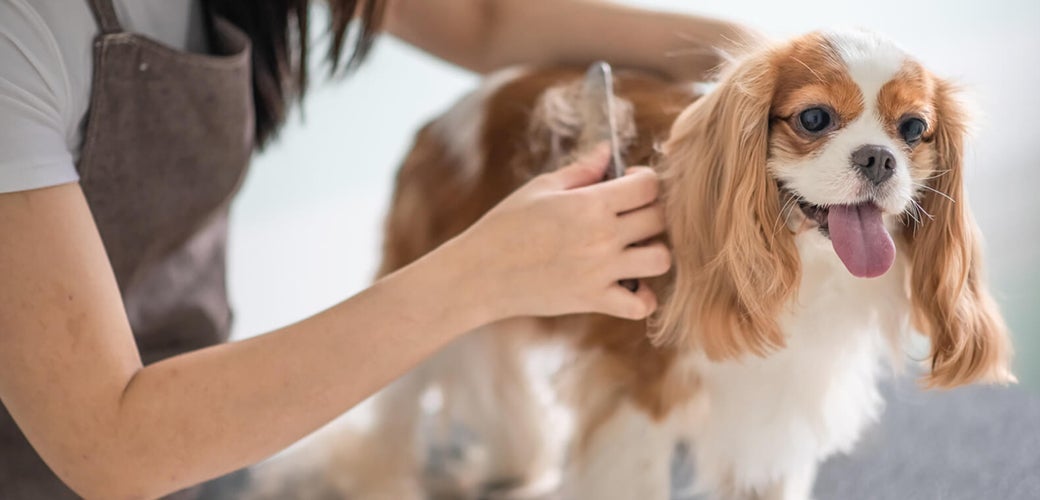Pet parasites can hardly be seen but they have the potential to make your pet miserable and even cause health issues. Here are three ways to protect your pet.
One of the easiest ways to help keep your pet healthy is to protect them from parasites. While seemingly small, the impact of unwanted critters can be significant. Apart from causing your pet discomfort – such as itching from flea bites – they can also carry more serious diseases and cause serious health issues if not treated.
The best way to protect your pet from parasites and further problems down the track is prevention.
Flea and worm treatments
One of the simplest, yet most effective, ways to protect your pet is a regular flea and worm treatment for cats, dogs and rabbits and de-worming for horses. For small pets, you can often buy these at your local supermarket and pet store. But, if you’re not sure which is the best type to get for your pet, it’s advisable to talk to your vet. They can recommend which treatment provides the best protection and how often your pet will need to take them.
There are several products on the market that combine flea and worm treatments in one. This means only one tablet needs to be taken, which is great if your cat or dog is fussy when it comes to swallowing treatments. No matter which option you decide on, make sure you check the instructions for how often you should be treating your pet. Also, be sure to keep to the schedule, as missing a dose can compromise your pet’s protection.
Grooming
Grooming your pet is another great way to detect parasite infections and help prevent them from getting worse. Brushing gives you a chance to get up close and personal with your pet, letting you check for any signs of parasites at the same time. There are several flea shampoos, sprays or powders you can use to treat for fleas while you’re grooming your pet.
For horses, there are special grooming tools you can use to get rid of parasites like bot fly eggs which, if left alone, can cause serious health issues when ingested by your horse.
Keep a clean house
Another way to prevent parasites is to keep your pet’s living areas clean. This includes regularly clearing away faeces and manure. You’ll also want to make sure you keep your pet’s water fresh and clean and, when walking your dog, make sure it doesn’t drink from standing water, like puddles.
It’s also a good idea to clean your hands after grooming, playing with or picking up after your pet to make sure you don’t transfer any potential parasites to yourself.
Finally, if you have any concerns or questions about what preventative measures you can take to protect your pet from parasites, talk to your vet. They’ll be able to tell you which parasites are most common in your area and which treatments are best for your pet and their lifestyle.





